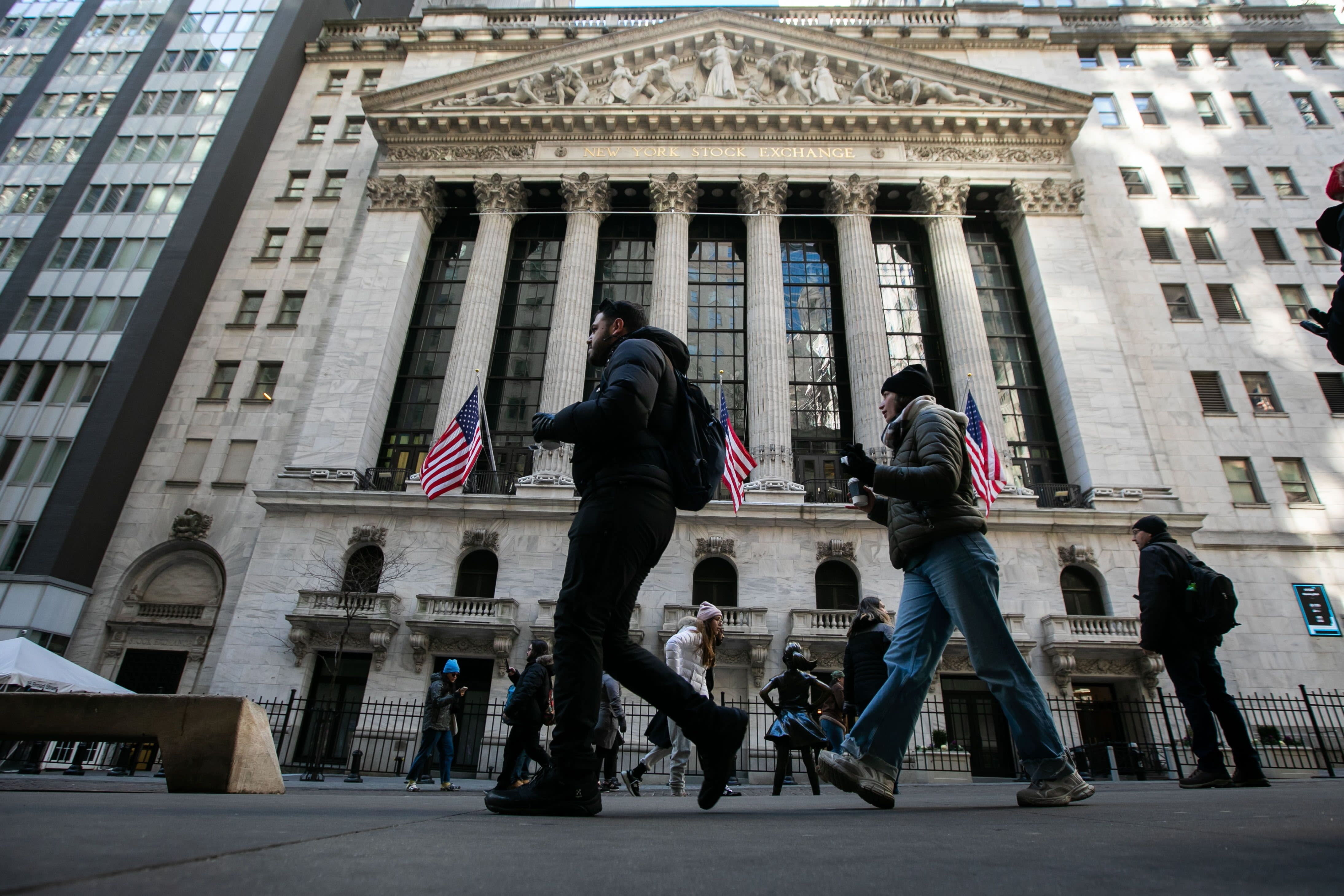“The scenario where they average 0 per cent real is what we have referred to as ‘hell’, whereas the other scenario is ‘purgatory’.”
Invest where the action is
Purgatory is said to be finite, so investors need to take care with their US investments and watch what happens to interest rates. Table 1 shows those investment trusts with a minimum of 20 per cent of their portfolios invested in the US, reaching up to 100 per cent in the case of the US specialists.
These shares can be purchased in the UK and in sterling, with exchange rate movements reflected in the share price. Brexit is almost certain to continue to drive down sterling against the US dollar.
Appreciating the statistics
The table has key lessons for investors. The effect of a sharp fall in capital values on compounded returns is clearly shown. With only two exceptions, every company shows much better returns over five years than across 10, and the reason is the financial crisis of 2007/08.
Another lesson is that immediate income comes at a price – the returns of those investment firms promising equity income have generally underperformed those trusts with no such constraint.
A more valuable insight is, perhaps, the outperformance of US smaller firms. Theoretically, smaller firms should be able to grow faster than those that are already well established. But, historically, in a world of global trade, giants such as Procter & Gamble, Johnson & Johnson, Heinz and Nestlé have been safer and more profitable holdings for investors.
Yet there are signs that such large firms have exhausted the cost opportunities of size, and are beginning to suffer from the managerial complexities of spread and reach.
It is becoming difficult to compete with local firms, able to poach ideas from their global competitors while responding more quickly to growing nationalism and local fads.
Key to the future
Another consideration is technology – manufacturing and medical. These are US specialities, albeit among companies likely to be smaller in size than those typically found in US funds.
Baillie Gifford’s two technology trusts: Scottish Mortgage and Edinburgh Worldwide, have done well in the past five years, as have F&C Asset Management and JP Morgan Asset Management’s smaller company portfolios.
Importantly, and despite the events of 2008, these trusts’ 10-year records all show worthwhile returns in a world of zero rates and no inflation.
Equity investing is about purchasing income, so it is best to let managers be unconstrained. If this is seen as too risky to sleep well at night, then try larger and more diversified managers such as Witan.
Check the objectives of board and managers are aligned by reading the annual report and accounts, then invest slowly over a 12-month period. Let ‘the Donald’ prove himself first.






